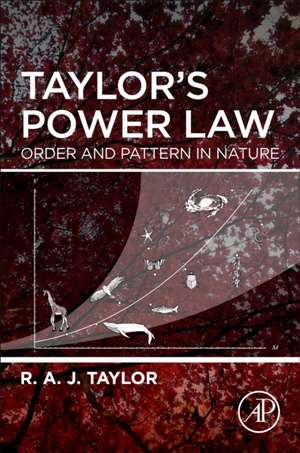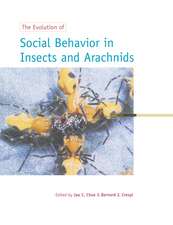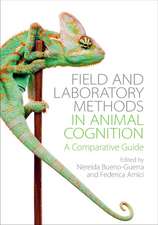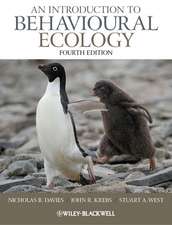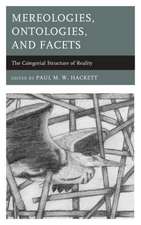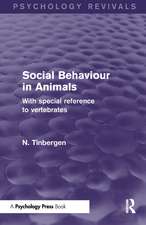Taylor's Power Law: Order and Pattern in Nature
Autor R.A.J. Tayloren Limba Engleză Paperback – 19 iun 2019
Taylor’s power law relates the variability of a process or population to its average value. It was first described in relation to insect populations and then more broadly to other animal and plant populations. Subsequently it has been recognized in microbiology, genetics, economics, astronomy, physics, and computer science, and it is thought to be one of the few general laws in ecology where it is routinely used to describe the spatial and temporal distributions of populations.
Biologists who know the law as Taylor's power law and physical scientists who know it as fluctuation scaling will be interested in the bigger picture on this fascinating subject. As the relationship between variance and mean is found in so wide a range of disciplines, it seems possible it is a deep property of number, not just a phenomenon in ecology as was thought originally. Although theories abound that purport to explain or predict TPL, none is entirely satisfactory either because it fails to be very predictive, or it does not account for all the available empirical data. To uncover such a property requires a synthesis across disciplines, an acute need that is approached by this exciting work.
- Provides a single reference describing the properties, scope, and limitations of Taylor’s power law
- Reports the empirical, analytical, and theoretical work without opinion and ends with a critique of the work in order to develop a synthesis
- Collects together thoughts and suggestions of the hundreds who have written and speculated about Taylor’s power law in order to review examples (and counter-examples), as well as examine the various models developed to account for it
Preț: 431.26 lei
Preț vechi: 572.46 lei
-25% Nou
Puncte Express: 647
Preț estimativ în valută:
82.55€ • 89.70$ • 69.38£
82.55€ • 89.70$ • 69.38£
Carte tipărită la comandă
Livrare economică 14-28 aprilie
Preluare comenzi: 021 569.72.76
Specificații
ISBN-13: 9780128109878
ISBN-10: 0128109874
Pagini: 657
Dimensiuni: 152 x 229 x 33 mm
Greutate: 0.87 kg
Editura: ELSEVIER SCIENCE
ISBN-10: 0128109874
Pagini: 657
Dimensiuni: 152 x 229 x 33 mm
Greutate: 0.87 kg
Editura: ELSEVIER SCIENCE
Public țintă
Biologists, ecologists, entomologists, agriculture scientists, plant pathologists, field biologists, forestry managers, fisheries managers, applied statisticians, geographers, researchers in demographics, computer scientists, applied mathematicians, physicists and other physical scientists, graduate/advanced UG students in biological sciencesCuprins
1. IntroductionPart I2. Spatial pattern3. Measuring aggregation4. Fitting TPLPart II5. Microorganisms6. Plants7. Nematodes and other worms8. Insects and other arthropods9. Other invertebrates10. Vertebrates11. Other biological examples12. Nonbiological examples13. Counter examplesPart III14. Applications of TPL15. Properties of TPL16. Allometry and other power laws17. Modeling TPL18. Summary and synthesis19. Epilogue
